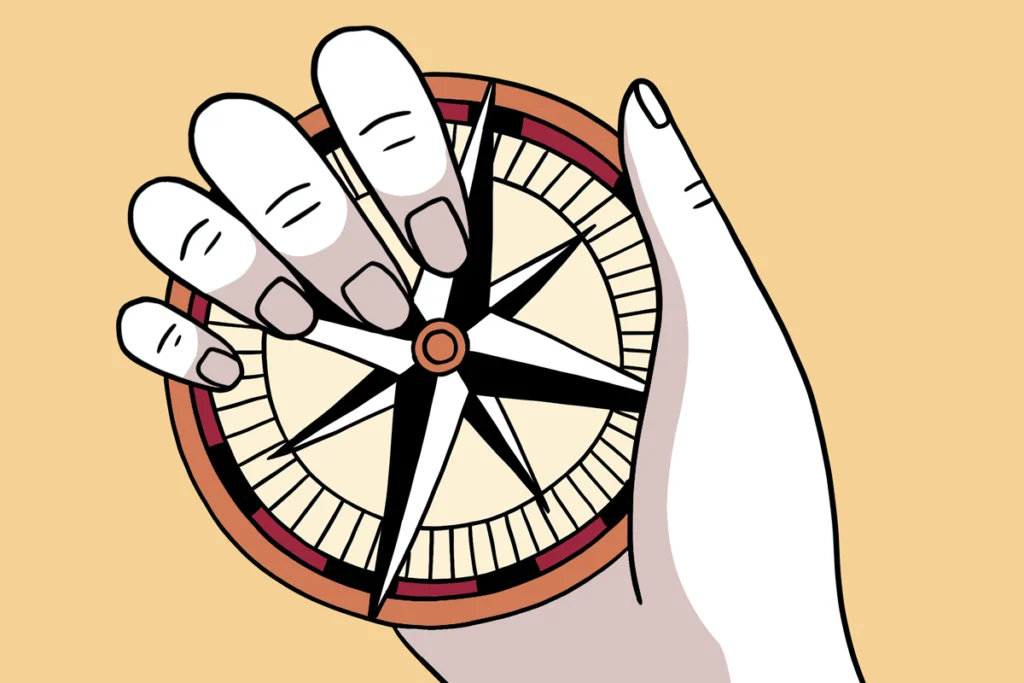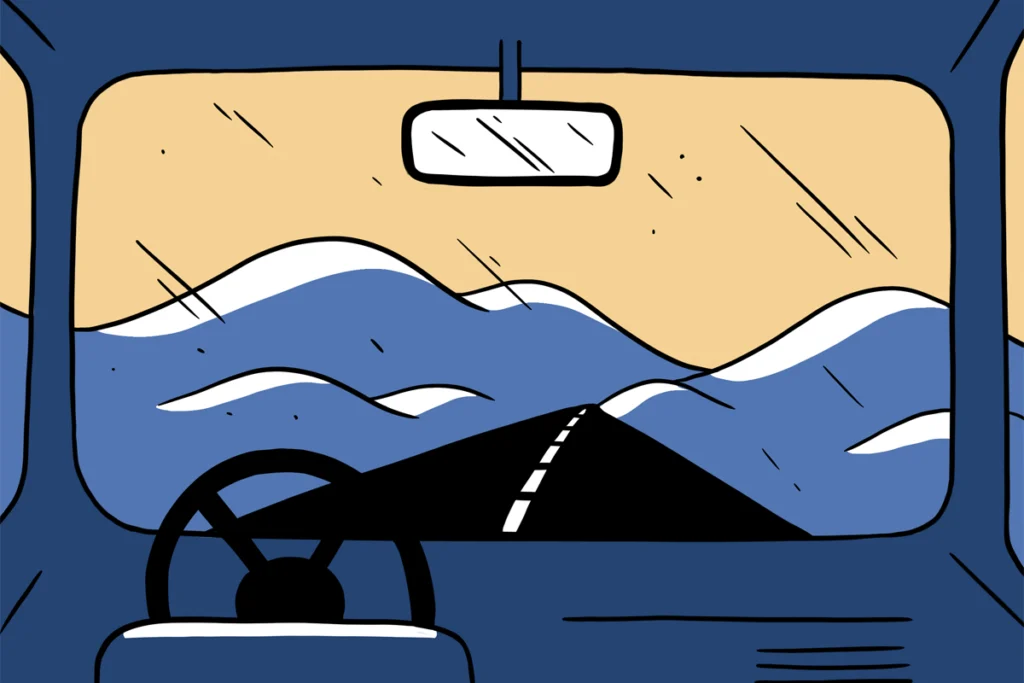Laurène Boglio
Illustrator
From this contributor
Creating a more inclusive autism research community
The Transmitter rounds up efforts to improve equity and diversity both within the field and in research projects.

Creating a more inclusive autism research community
The Transmitter Launch: Industry internships, ‘Next Generation Leaders,’ and more
Working at a biotechnology or artificial-intelligence company is no longer an “alternative career” for researchers with a doctorate in neuroscience—plus jobs, training and funding updates for May.

The Transmitter Launch: Industry internships, ‘Next Generation Leaders,’ and more
The Transmitter Launch: How neuroscience outreach builds key soft skills
Getting involved in public-education programs can help trained scientists develop careers both in and out of the lab.

The Transmitter Launch: How neuroscience outreach builds key soft skills
The Transmitter Launch: Postdoc pay, emerging scholars and more
This month’s newsletter for early-career neuroscientists delves deep into the discussion around postdoctoral salaries and benefits.

The Transmitter Launch: Postdoc pay, emerging scholars and more
The Transmitter Launch: Q&A with Amalia Napoli
This musician-turned-researcher “had already lived a life” before starting her Ph.D. in neuroscience at the age of 53. She spoke with The Transmitter about her path and how she used her time outside of academia to her advantage.

The Transmitter Launch: Q&A with Amalia Napoli
Explore more from The Transmitter
Dendrites help neuroscientists see the forest for the trees
Dendritic arbors provide just the right scale to study how individual neurons reciprocally interact with their broader circuitry—and are our best bet to bridge cellular and systems neuroscience.

Dendrites help neuroscientists see the forest for the trees
Dendritic arbors provide just the right scale to study how individual neurons reciprocally interact with their broader circuitry—and are our best bet to bridge cellular and systems neuroscience.
Two primate centers drop ‘primate’ from their name
The Washington and Tulane National Biomedical Research Centers—formerly called National Primate Research Centers—say they made the change to better reflect the breadth of research performed at the centers.

Two primate centers drop ‘primate’ from their name
The Washington and Tulane National Biomedical Research Centers—formerly called National Primate Research Centers—say they made the change to better reflect the breadth of research performed at the centers.
Post-infection immune conflict alters fetal development in some male mice
The immune conflict between dam and fetus could help explain sex differences in neurodevelopmental conditions.

Post-infection immune conflict alters fetal development in some male mice
The immune conflict between dam and fetus could help explain sex differences in neurodevelopmental conditions.